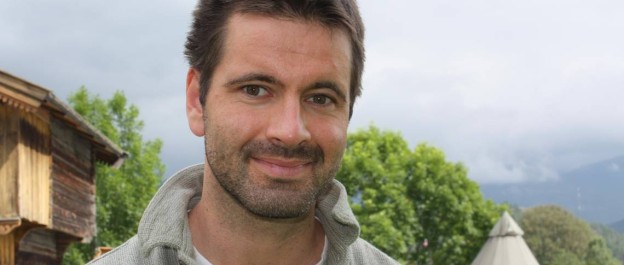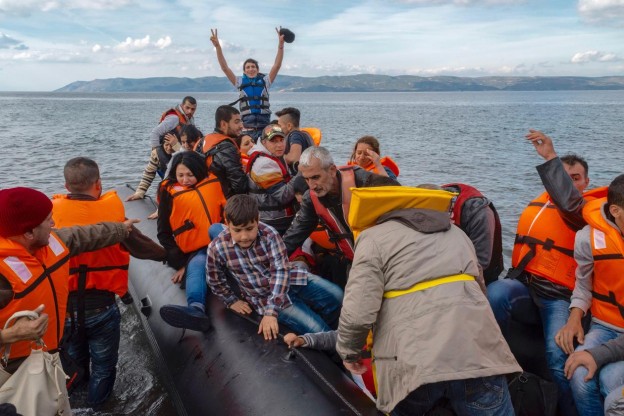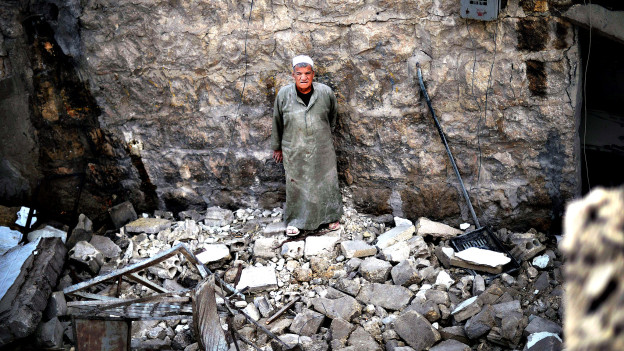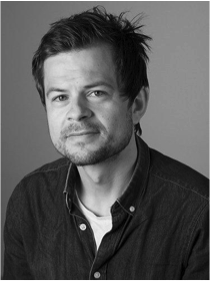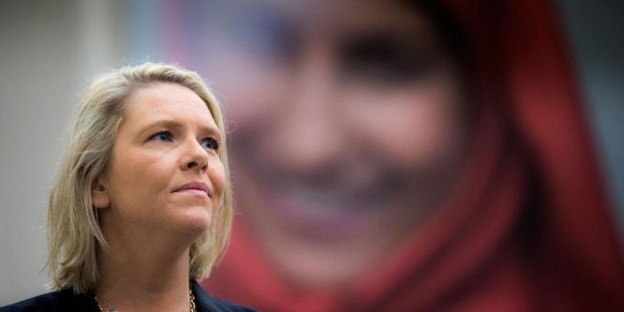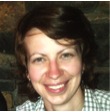CANCELLED!!! TUESDAY 23.08.2016, 1200-1330, NB!! CANCELLED EVENT!!!
A light lunch will be served
Abstract: “People are accepted, they have their citizenship, they go to school but the people that you live together with, you don’t know them”
Across Europe, participatory citizenship ideals are being promoted politically as part of a set of policy ideas within a neo-liberal as well as new center-left approach. We witness that especially in integration, immigration and social cohesion policies that emphasize a shared commitment to active participation in society.
In other words, there are in political discourse certain ideas about what active citizenship is, where it should take place, and who is expected to be active. This one-size-fits-all model of active citizenship obscures the way in which differentials in citizenship identities and experiences, whether through axes of gender, class, race or age, or even place, shape how people define and access participatory opportunities.
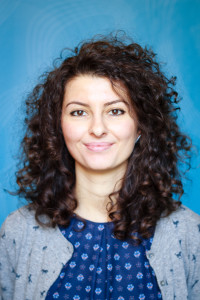
Noor Jdid is a Doctoral Researcher at the Peace Research Institute Oslo (PRIO) and Center for Women’s and Gender Research (SKOK). Her PhD is part of the larger SAMKUL-project “Active Citizenship in Religiously and Culturally Diverse Societies


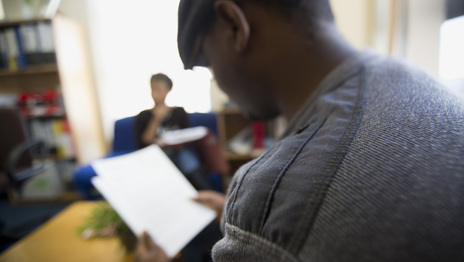

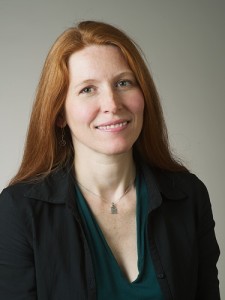
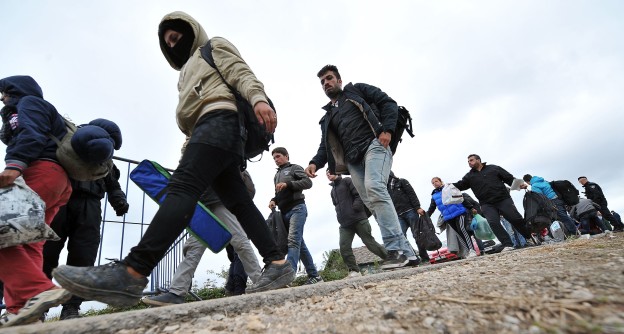
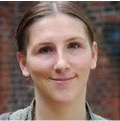 Marta Bivand Erdal is a senior researcher at PRIO. Her research focuses on migrant transnationalism, including remittances and diaspora engagements; on processes of migrant integration, including citizenship practices in diverse contexts; and on return migration and sustained transnational mobilities.
Marta Bivand Erdal is a senior researcher at PRIO. Her research focuses on migrant transnationalism, including remittances and diaspora engagements; on processes of migrant integration, including citizenship practices in diverse contexts; and on return migration and sustained transnational mobilities.